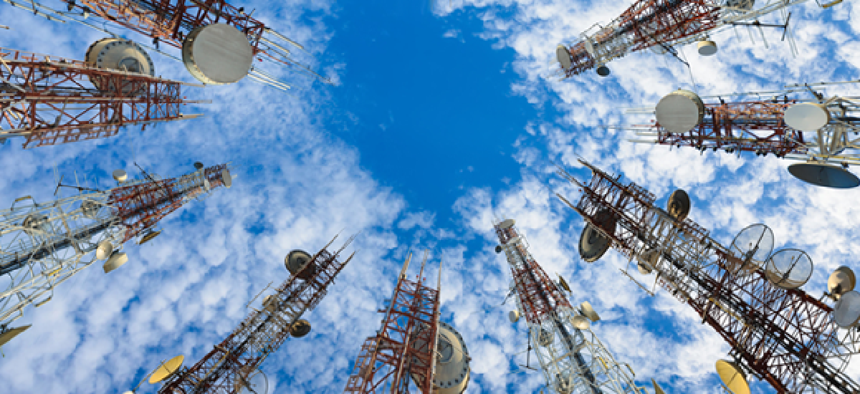FirstNet award finally issued

The massive broadband public safety network build out will cover 50 states, five U.S. territories and Washington, D.C.
AT&T was awarded the FirstNet contract to build a wireless broadband nationwide public safety network.
The company has been tasked with building a national network that will be used by police, firefighters and emergency medical services. It’ll cover 50 states, five U.S. territories and Washington, D.C.
The company described it as a “much needed investment in America’s communications infrastructure to support millions of first responders and public safety personnel nationwide.”
Currently, first responders use commercial networks for mobile data and applications, according to AT&T. During a crisis or emergency, these networks, which are also used by consumers and businesses, quickly become congested. Police and rescue workers then have difficulty communicating and coordinating responses to emergencies.
AT&T was the last company standing when the First Responder Network Authority told the other two bidders they were no longer being considered. The authority was the government entity created to manage the build out of the network.
Rivada Mercury filed a protest with the Court of Federal Claims in November. The court ruled against it on March 17. The FirstNet authority said at the time that it planned on moving quickly, and March 30 AT&T announced the win.
Over the first five years, FirstNet will pay AT&T $6.5 billion to build out the network. However, the cost of building the network is projected to be far higher than that. In a press release, AT&T projected it would invest about $40 billion into the network over the life of the contract.
AT&T also will be tasked with bringing individual states onto the network. As they join, the company will invest in the infrastructure in those states, according to the release.
However states will have the opportunity to opt out of the FirstNet authority and contract to build their own interoperable radio access networks. Rivada Mercury plans to continue to work at the state level to build out first-responder networks. At least five states have issued requests for proposals that give Rivada or another provider an opportunity to build out a network in their states.
AT&T said that the network will improve rescue and recovery operations, connect first responders to critical information and further develop internet of things and smart city solutions such as real-time traffic conditions. The company also envisions the network supporting advanced technologies such as wearable sensors and cameras, drones and robots.
A longer version of this story was first posted to Washington Technology, a sister site to GCN.






